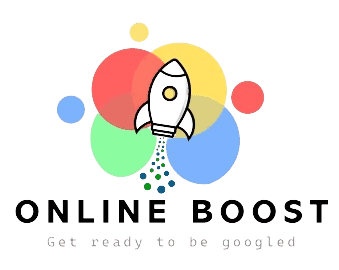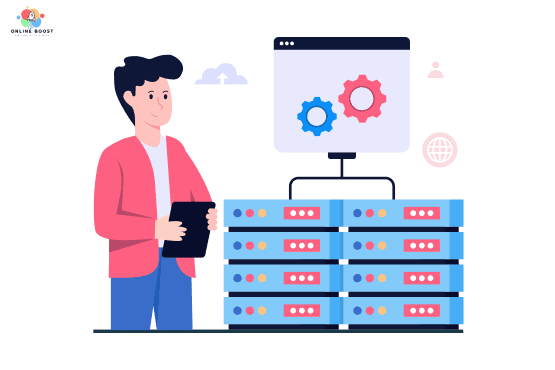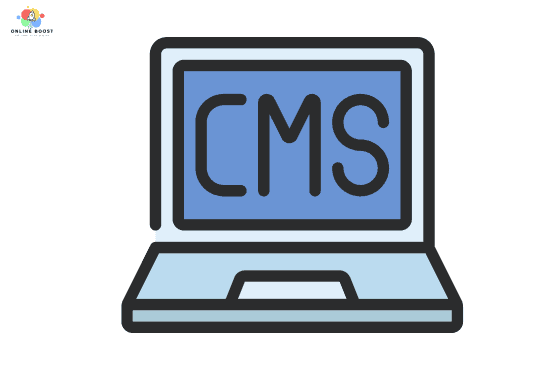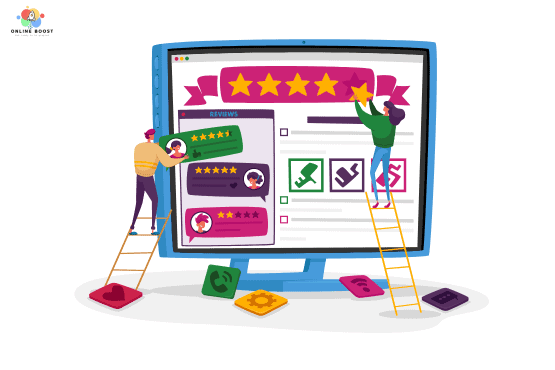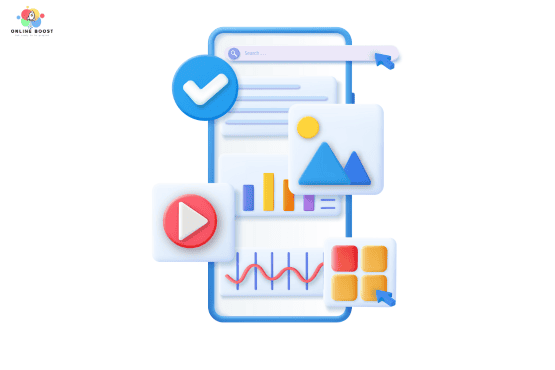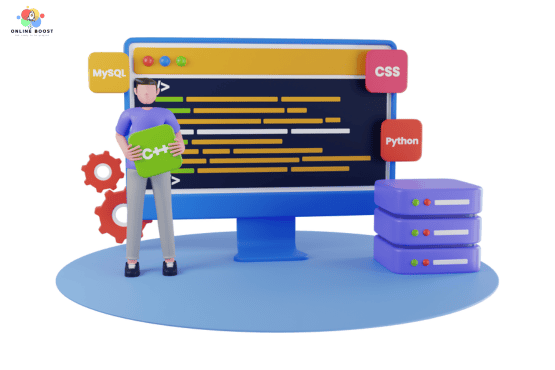Your customers don’t care about your “About Us” page. They care about finding what THEY want and when THEY want it, and if your website can’t deliver that, they’re gone.
In today’s digital landscape, your website isn’t just a brochure – it’s your 24/7 salesperson, storefront, and brand ambassador all rolled into one. A poorly designed or outdated site isn’t just an eyesore; it’s costing you money.
This article focuses on the essential elements of web development for small businesses. We’ll move beyond surface-level aesthetics to explore the core components that transform a website from a passive online presence into a powerful, revenue-generating tool.
Website Foundation
Let’s nail down the basics before we talk about bells and whistles. These are the absolute must-haves for your small business website:
Domain Name: Your Digital Address
Choosing the right domain name is like picking the perfect location for a brick-and-mortar store. It needs to be:
- Memorable
- Easy to spell
- Relevant to your business
| Good Domain Examples | Bad Domain Examples |
|---|---|
| smithplumbing.com | bestplumber4u.biz |
| greenleaflandscaping.com | janes-awesome-flowers.net |
Pro tip: Stick with .com if possible – it’s still the most recognized and trusted domain extension.
Hosting: Where Your Site Lives
Think of hosting as renting space for your website. Your options include:
| Hosting Type | Best For | Typical Cost |
|---|---|---|
| Shared | Small sites, beginners | $5-$20/month |
| VPS | Growing businesses | $20-$100/month |
| Dedicated | High-traffic, complex sites | $100+/month |
Start with shared hosting if you’re beginning. As your traffic grows, you can always upgrade.
Content Management System (CMS)
A CMS is the software that powers your website. For small businesses, WordPress is king. Here’s why:
- User-friendly
- Huge plugin ecosystem
- Endless customization options
- Strong security (when properly maintained)
| WordPress Pros | WordPress Cons |
|---|---|
| Free and open-source | Requires regular updates |
| Massive community support | It can be overkill for very simple sites |
| SEO-friendly out of the box | Popular target for hackers (but security plugins help) |
Now that we’ve got the foundation, let’s build something your customers will love.
User Experience (UX) & Conversion
A pretty website is useless if it doesn’t guide visitors towards action. Let’s focus on design elements that drive sales:
Navigation
Your site’s navigation is like a roadmap for visitors. Keep it simple:
- Limit main menu items to 5-7 options
- Use clear, descriptive labels (e.g., “Products” instead of “Our Offerings”)
- Include a search bar for more significant sites
| Good Navigation | Bad Navigation |
|---|---|
| Home, Products, About, Contact | Home, What We Do, Our Story, Meet the Team, Gallery, Blog, Get in Touch |
Mobile Optimization
Over 50% of web traffic now comes from mobile devices. Your site needs to look good and function well on all screen sizes.
Responsive design ensures your site adapts automatically to different devices. Here’s what to prioritize:
- Large, tappable buttons
- Easy-to-read fonts
- Streamlined content for smaller screens
| Mobile-Friendly Features | Mobile Pitfalls to Avoid |
|---|---|
| Single-column layouts | Tiny text requiring zooming |
| Hamburger menus | Auto-playing videos |
| Click-to-call buttons | Large images that are slow-loading |
Conversion Rate Optimization
CRO is all about testing different elements on your site to see what drives the most sales or leads. Some key areas to experiment with:
- Call-to-action button colours and placement
- Headlines and copy
- Images and videos
- Form length and fields
Tools like Google Optimize or Optimizely let you run A/B tests to compare different versions of your pages.
| CRO Best Practices | Common CRO Mistakes |
|---|---|
| Clear value propositions | Too many competing calls to action |
| Social proof (testimonials, reviews) | Slow page load times |
| Limited-time offers | Confusing checkout process |
Remember, small changes can lead to big results. Even a 1% increase in conversion rate can mean thousands in extra revenue.
Development Basics
You don’t need to become a coder, but knowing some development basics helps you make smarter decisions.
Front-End vs. Back-End Development
Think of your website like an iceberg:
- Front-end: The part visitors see and interact with (the tip of the iceberg)
- Back-end: The behind-the-scenes functionality (everything below the water)
| Front-End Technologies | Back-End Technologies |
|---|---|
| HTML (structure) | PHP |
| CSS (styling) | Python |
| JavaScript (interactivity) | Ruby |
| Databases (MySQL, MongoDB) |
Common Web Development Languages
Here’s a crash course in the most critical web languages:
- HTML: The skeleton of your website
- CSS: The skin and clothes (visual styling)
- JavaScript: The muscles (interactivity and dynamic content)
| Language | What It Does | Example |
|---|---|---|
| HTML | Structures content | <h1>Welcome to Our Store</h1> |
| CSS | Styles elements | h1 { color: blue; font-size: 24px; } |
| JavaScript | Adds interactivity | document.getElementById("buy-button").onclick = function() { alert("Thanks for your purchase!"); } |
Security
Website security isn’t optional. One breach can destroy customer trust and tank your business. Start with these essentials:
- SSL Certificate: Encrypts data between your site and visitors’ browsers
- Regular software updates: Patch vulnerabilities in your CMS and plugins
- Strong passwords: Use a password manager to generate and store complex passwords
| Security Must-Haves | Security Red Flags |
|---|---|
| SSL Certificate (https://) | Outdated software versions |
| Two-factor authentication | Using “admin” as a username |
| Regular backups | Ignoring security plugin warnings |
DIY vs. Hiring a Pro
Building a website yourself is doable, but it’s a time commitment. Let’s break down when to DIY and when to call in the experts:
DIY
Consider the DIY route if:
- You’re on a tight budget
- You have a simple site with basic features
- You’re willing to invest time in learning
| DIY Pros | DIY Cons |
|---|---|
| Cost savings | Time-intensive |
| Complete control | Steeper learning curve |
| Valuable skill-building | Potential for amateur-looking results |
Hiring a Developer
Invest in a professional when:
- You need complex features or integrations
- You want a truly custom design
- Your time is better spent on other aspects of your business
| Pro Developer Pros | Pro Developer Cons |
|---|---|
| Expertise and experience | Higher upfront cost |
| Faster turnaround | Less direct control |
| Professional results | Potential communication challenges |
Your Website Works 24/7
Let’s recap the key points:
- A solid foundation is crucial: Domain, hosting, and CMS choices matter.
- User experience drives sales: Focus on straightforward navigation and mobile optimization.
- Understand the tech basics: It helps you make informed decisions.
- Security is non-negotiable: Protect your site and your customers’ data.
- DIY or pro? Choose based on your budget, time, and site complexity.
Your website works 24/7, never takes a sick day, and has the potential to reach customers worldwide. Treat it like your star employee by investing in its development and ongoing maintenance.
Additional Resources to Get You Started
- WordPress.org: Official resource for the world’s most popular CMS
- Google’s Mobile-Friendly Test: Check how well your site performs on mobile devices
- Moz.com: Learn SEO basics to help your site rank better in search results
- Web.dev: Google’s resource for web developers, including performance optimization tips
Your customers are out there, searching for exactly what you offer. Make sure your website helps them find it. If you’re ready to build a website that drives customers and elevates your brand, Online Boost is here to help. Our team of experts specializes in creating websites that look great and deliver results. Visit onlineboost.io today to learn more about how we can boost your online presence and take your small business to the next level.
